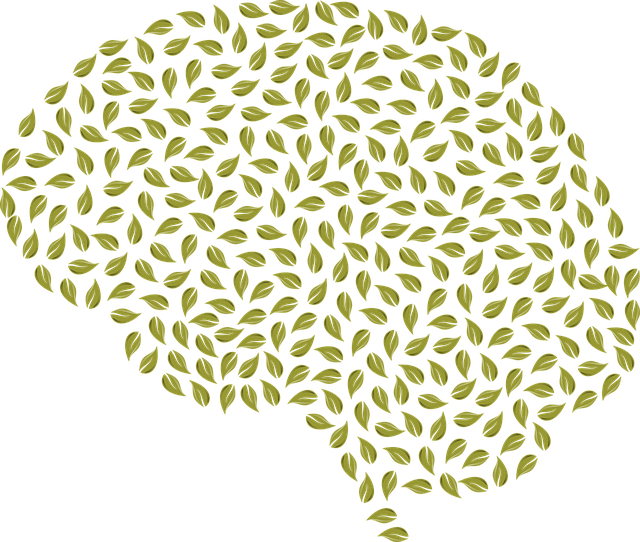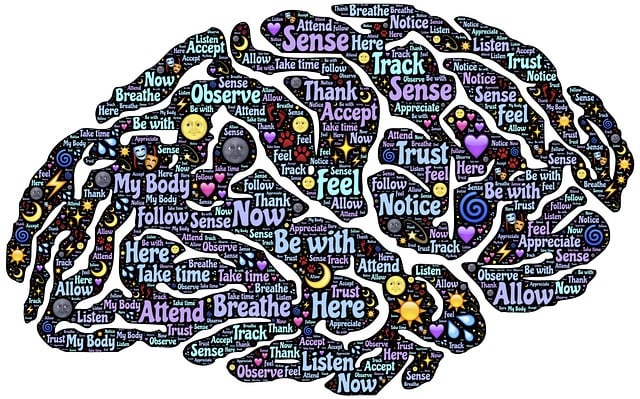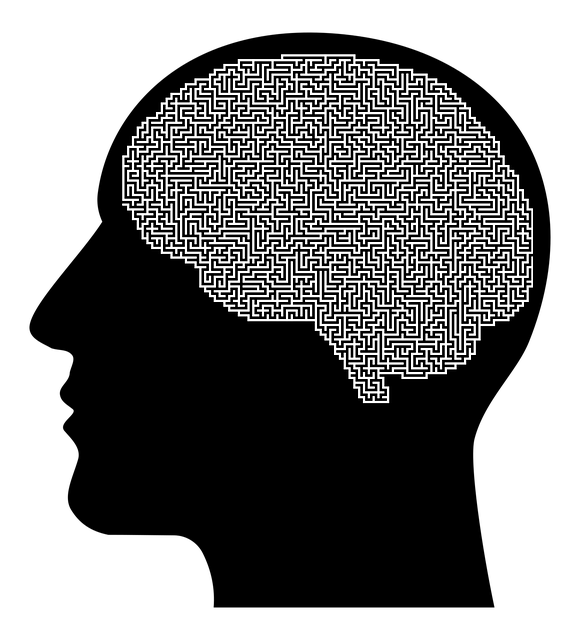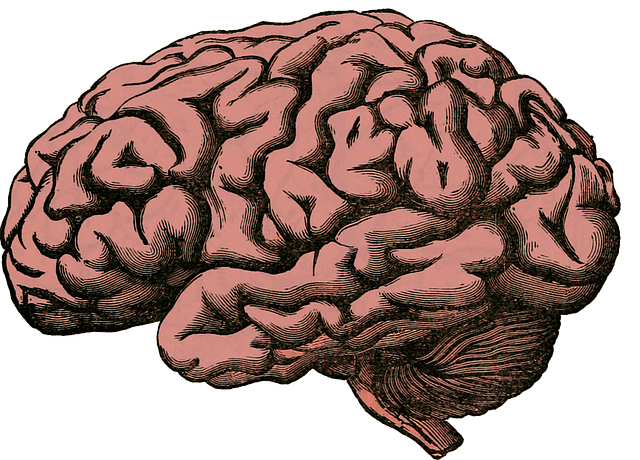Depression among Mandarin Chinese-speaking adults is a significant issue exacerbated by cultural stigma and language barriers in urban settings. Therapy, particularly Cognitive Behavioral Therapy (CBT), offers effective emotional regulation strategies through cultural-sensitive approaches. Physical activity, balanced diet, sleep, and social connections also play vital roles in stress management and mental resilience. Community support, tailored mental wellness practices, and healthcare provider burnout prevention strategies are key to preventing depression among this demographic.
Depression is a prevalent issue among Mandarin Chinese speaking adults, yet with the right strategies, prevention is achievable. This comprehensive guide explores various aspects of mental well-being tailored to this demographic. We delve into understanding depression’s impact and its unique manifestations in this community. Key focus areas include the effectiveness of therapy for adults speaking Mandarin, practical self-care strategies, and the vital role of community support while considering cultural nuances. By addressing these aspects, we aim to empower individuals to proactively prevent depressive episodes.
- Understanding Depression and its Impact on Mandarin Chinese Speaking Adults
- The Role of Therapy in Preventing Depression for Adult Speakers
- Practical Strategies to Foster Mental Well-being
- Community Support and Cultural Considerations for Depression Prevention
Understanding Depression and its Impact on Mandarin Chinese Speaking Adults

Depression is a significant mental health concern among Mandarin Chinese speaking adults, often overlooked due to cultural stigma and language barriers. In the context of rapidly changing urban landscapes, where hustle and bustle never seems to pause, the impact of depression on this demographic can be profound. Without proper understanding and support, many adults struggle silently, facing challenges in their daily lives and relationships.
The concept of therapy for adults Mandarin Chinese speaking individuals has gained traction as a powerful tool to combat depression. Through therapy, they can learn effective emotional regulation strategies, enabling them to manage stress and cope with life’s pressures. Mental illness stigma reduction efforts play a crucial role here, fostering an environment where seeking help is normalized. By addressing the unique needs of this community, these initiatives ensure that no one suffers in silence, encouraging open conversations about mental health.
The Role of Therapy in Preventing Depression for Adult Speakers

对于成人讲者来说,治疗在预防抑郁方面扮演着至关重要的角色。疗法不仅有助于管理症状,还是培养应对机制和增强心理弹性的有效途径。针对汉语普通话演讲者的疗法应考虑文化敏感性,采用适合其价值观和信仰体系的干预措施。专业的心理健康政策分析与倡导可以进一步推动为汉语普通话演讲者提供可及且文化上适当的精神健康服务。
通过风险管理规划,精神健康从业者可以更好地识别和应对抑郁高危人群的需求。心理健康播客系列制作等创新的传播方式也为普及心理健康知识和提高公众意识提供了便利。这些策略相结合,有助于建立一个更完善的心理健康支持体系,从而预防和干预抑郁症,提升成人汉语普通话演讲者的精神健康与幸福感。
Practical Strategies to Foster Mental Well-being

In the pursuit of fostering mental well-being and preventing depression, practical strategies play a pivotal role. Incorporating therapeutic practices such as Cognitive Behavioral Therapy (CBT) has proven effective in enhancing emotional healing processes among adults speaking Mandarin Chinese. CBT helps individuals identify and challenge negative thought patterns, replacing them with more realistic and positive perspectives, which is particularly beneficial for those struggling with cultural barriers to mental health awareness.
Beyond therapy, emotional well-being promotion techniques include engaging in regular physical activity, maintaining a balanced diet, and prioritizing adequate sleep. These lifestyle adjustments are instrumental in managing stress levels and nurturing a sense of inner calm. Cultivating strong social connections through community involvement or support groups also contributes to mental resilience, as sharing experiences and receiving peer support can significantly impact the emotional healing processes.
Community Support and Cultural Considerations for Depression Prevention

Community support plays a pivotal role in depression prevention, especially within diverse cultural contexts. For Mandarin Chinese speaking adults, seeking therapy becomes a bridge to connect with effective mental wellness practices. Many communities offer specialized services catering to specific ethnic groups, providing a safe space for individuals to share their unique experiences and challenges. These supportive networks can foster open conversations about mental health, reducing the stigma often associated with depression.
Cultural considerations are essential in tailoring depression prevention strategies. Incorporating elements from traditional Chinese philosophy and practices, such as mindfulness and journaling exercises, can resonate deeply with this demographic. Self-awareness exercises rooted in one’s cultural identity may prove more engaging than universal approaches. Additionally, healthcare providers can benefit from burnout prevention strategies tailored to their specific needs, ensuring they are equipped to offer the best guidance for Mandarin Chinese speaking adults navigating depression.
In light of the above discussions, it’s clear that a multifaceted approach is essential in preventing depression among Mandarin Chinese speaking adults. While understanding the condition and its cultural nuances is crucial, specific strategies such as therapy tailored to adult speakers, practical mental well-being fostering, and community support with cultural considerations play significant roles. By integrating these elements into our support systems, we can effectively navigate and prevent depression within this demographic. Specifically, encouraging access to Therapy for Adults Mandarin Chinese Speaking individuals can provide much-needed relief and early intervention.














